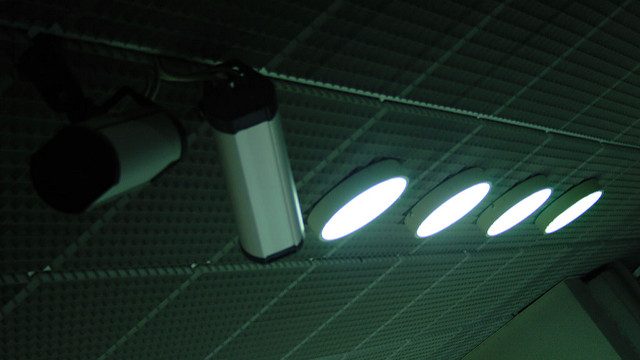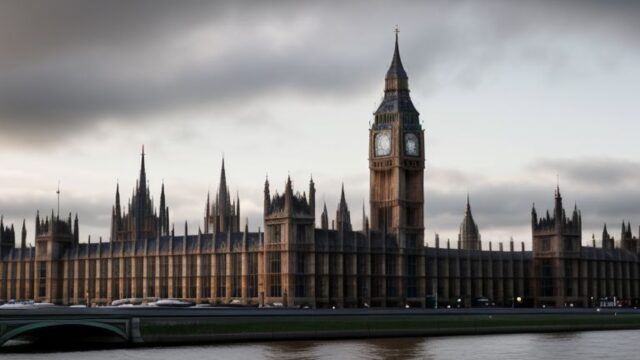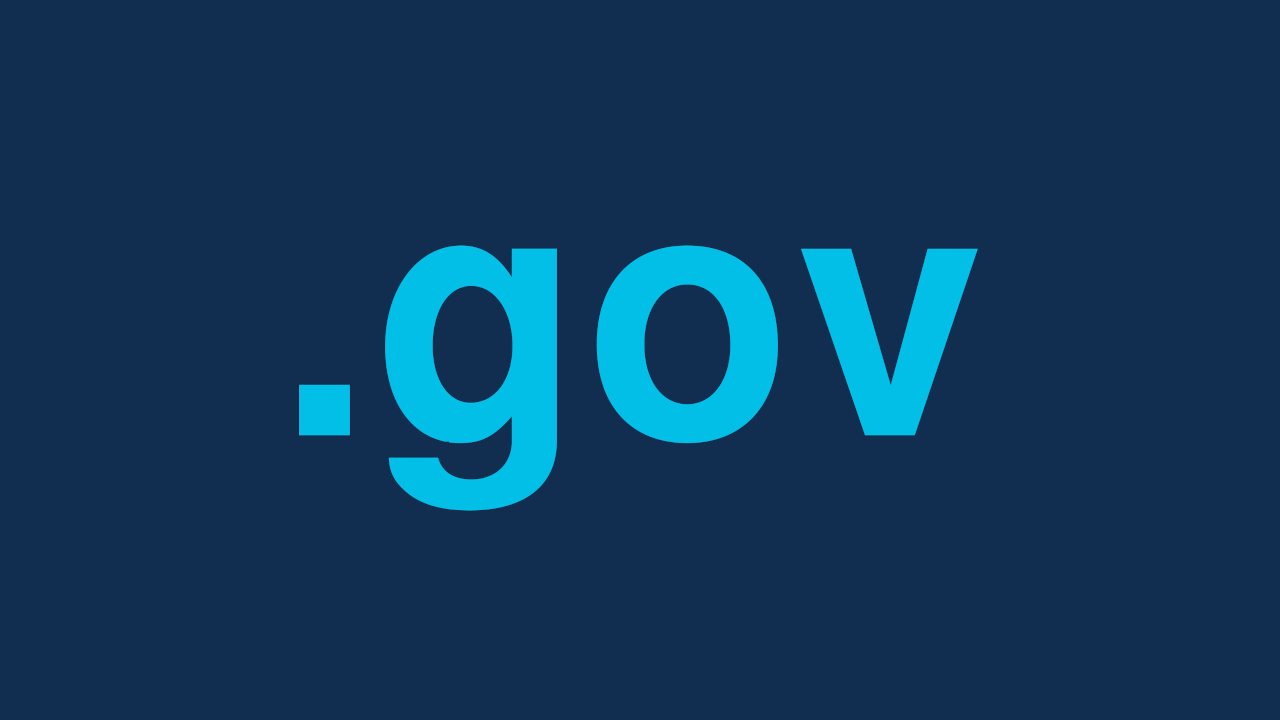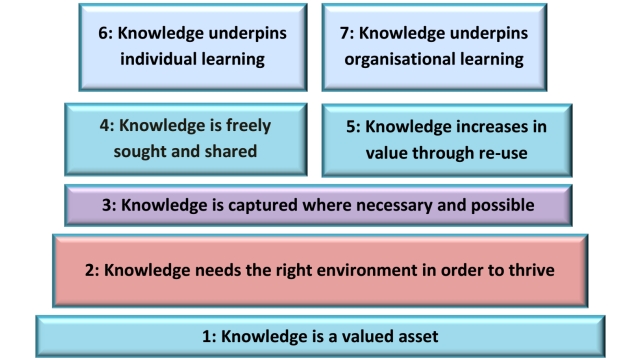
Society under surveillance
A common theme running through several latest release films from Captain America: Civil War to Eye in the Sky is surveillance. Perhaps it is not a coincidence that both films also touch on warfare, technology and accountability. Often mass surveillance is enacted with the intention of protecting citizens, however in its execution it can lead to the gradual erosion of individual freedom and to justifying invasive actions. The enduring questions are: What is the line between protecting privacy and security? Is the security of the masses more important than the privacy of the individual? And how far is too far?
Awareness of surveillance after 2013
A new study by Jon Penney from the University of Oxford examines the effects of online surveillance on Wikipedia use1. The study notes the changes that occurred after the 2013 Snowden leaks which revealed the massive surveillance reach of the American government, leading to “a 20 percent decline in page views on Wikipedia articles related to terrorism, including those that mentioned ‘al Qaeda,’ ‘car bomb’ or ‘Taliban’” as reported by The Intercept’s Greenwald. Greenwald adds that “People were afraid to read articles about those topics because of fear that doing so would bring them under a cloud of suspicion.” This is corroborated by a 2015 study on Government Surveillance and Internet Search Behavior2 which also looks at data after 2013’s revelations. The study concluded that “results suggest that cross-nationally, users were less likely to search using search terms that they believed might get them in trouble with the US government”. In effect, the awareness of surveillance lead to self-censorship. The legal definition is a chilling effect; when citizens feel that they are limited or discouraged from exercising legitimate rights because of the potential to be prosecuted.
Self-censorship and long term effects
The fear of being implicated by knowledge has led to an avoidance of it altogether. The avoidance of knowledge is particularly disturbing as this affects the citizens’ ability to understand and engage in alternate viewpoints. Over time, suppression of information ensures that the government decisions are more likely to remain unchallenged and not held accountable by the public. A chilling idea is that terrorists can then be (re)defined as whoever the government deem to be terrorists.
Another example of contemporary self-censorship due to surveillance was noted by a Pen America survey of writers. Fearing expensive and time-consuming lawsuits, one in six writers surveyed abstained from writing or speaking on “topics which would subject them to surveillance”. There are concerns that this type of behaviour is becoming increasingly common due to the heighted awareness of mass surveillance, drawing parallels to countries under authoritarian rule as well as sounding more and more like a dystopian novel. The restriction on tone and content impact on creative freedom and individual freedom to speak and express thoughts outside of state approval. Pietrowski warns that “freedom is tightly constricted not by law, but by a creeping ambiguous fear of what may happen to us if we step out of line. We are creating a society where people may have legally protected free speech, but they dare not use it.” Mass surveillance with the view to create a safer society perhaps reshapes society into one where nowhere feels safe.
Where we stand now
Whilst the chilling effects of mass surveillance continue to be the subject of research, three things to keep in mind:
- Governments are increasing surveillance through metadata and data retention laws. Russia’s new surveillance laws mean that telecommunications companies will now have to keep copies of texts, calls and email for 6 months and metadata for up to 3 years. Some countries like Australia only keep metadata however this still reveals a lot more about a person’s life than they may be comfortable with. Debate continues on the ethical rights of the government to access private communications.
- Access to internet sites has been restricted in the interest of national security. There is great firewall of China, infamous for its blocks on Facebook and Google. Most examples are from non-Democratic systems of government, however, Poland has recently set a precedent for other democracies with the power to block websites deemed a threat to national security as well as disable telecommunications in designated areas.
- Potential to abuse surveillance powers. It is not only the invasiveness of mass surveillance that is problematic but the possibility of misusing the data. Recently, the Australian Federal Police admitted to accessing a journalist’s data without a warrant. More disquieting is that this was done in an attempt to identify a journalist’s confidential sources.
Mass surveillance implies that citizens cannot be trusted because they need to be watched to do the right thing. The problem is that those who have power have not shown that they will always act in the best interests of the individuals. Who keeps watch over the use of surveillance data? If catching just one wrongdoer is enough to justify mass surveillance, would just one misuse of the data be enough to justify the case against mass surveillance?
Image source: Surveillance by Antti T. Nissinen is licensed by CC BY 2.0.
References:
Also published on Medium.






